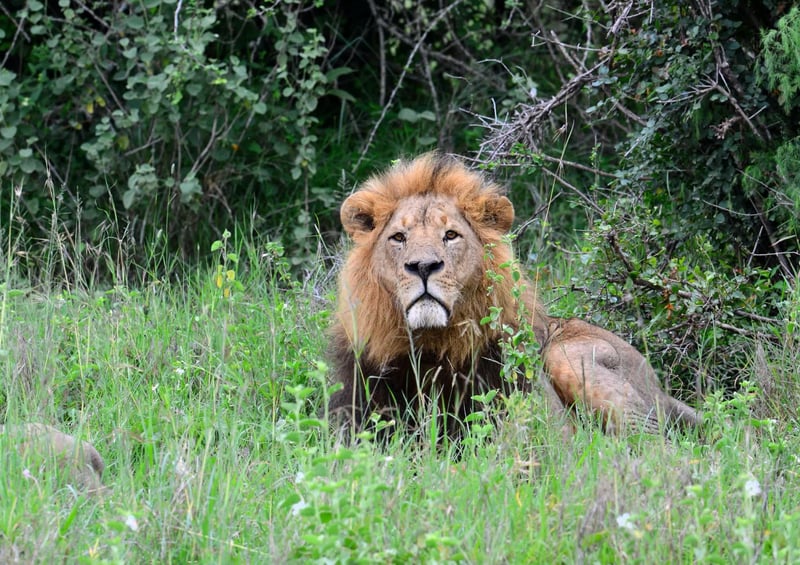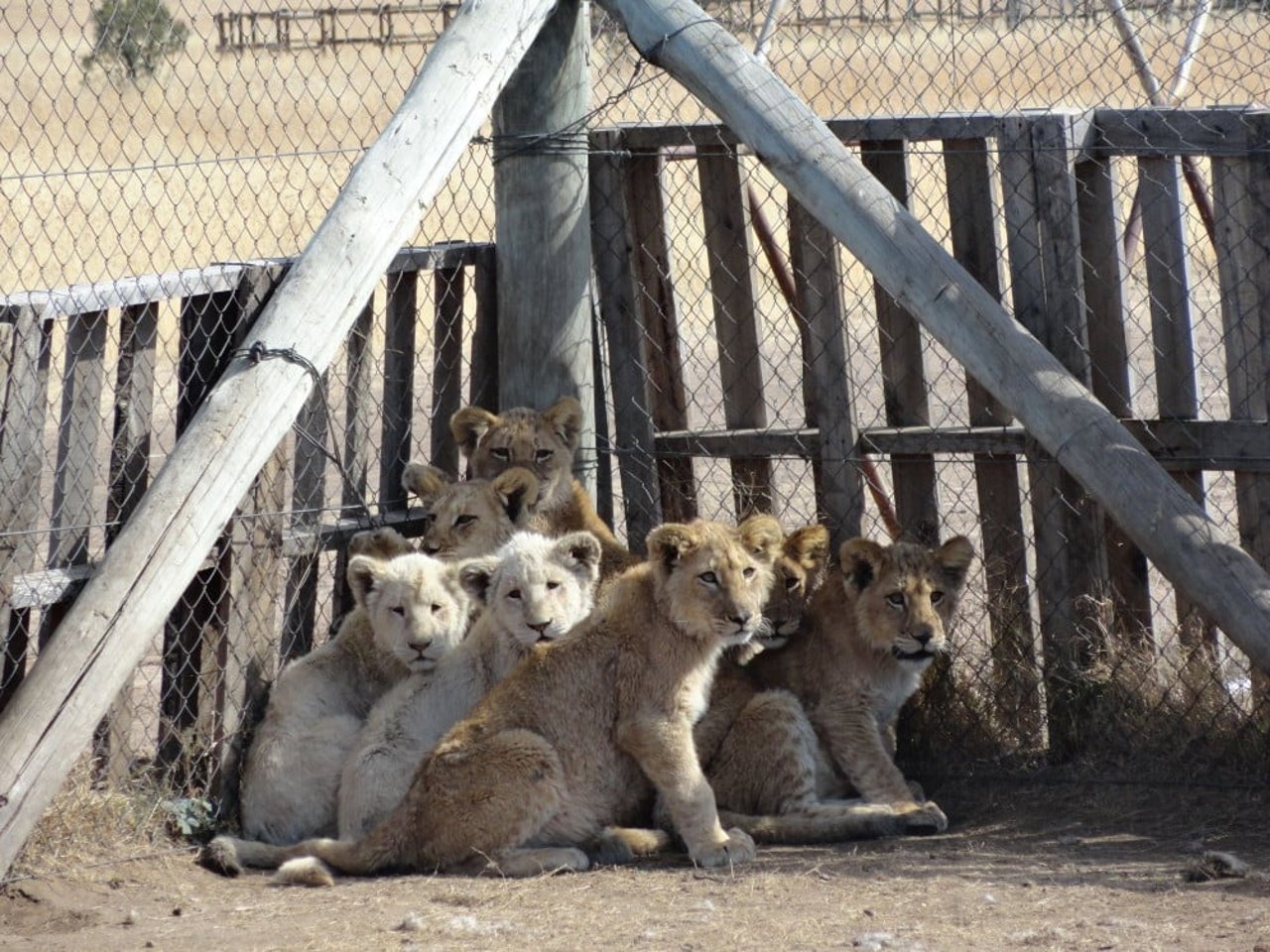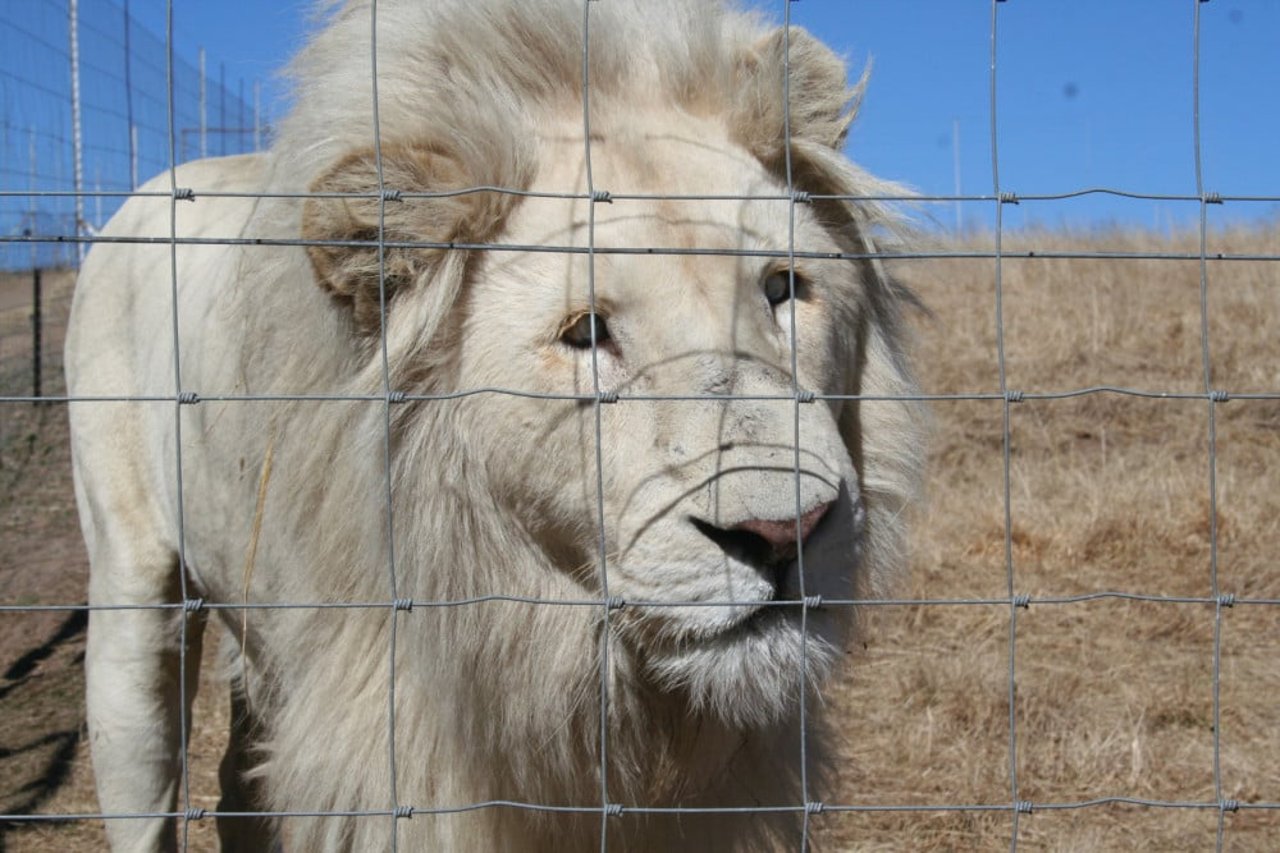
Lions and tigers being farmed for traditional medicine
News
The demand for traditional medicine is fuelling a boom in big cat farms in South Africa and Asia. Our investigation exposes the cruelty lions and tigers face.
We examined the supply chain feeding the insatiable demand for big cat products in Asia and found horrific cruelty in every corner.
Suffering at every step
Before they’re killed, and their body parts are used in traditional medicine, these wild animals are subjected to various forms of cruelty.
In China, huge, industrial-style big cat farms have row upon row of tiny cells, each housing a miserable lion or tiger. These facilities provide only the minimum requirements for the cats to survive, such as food and water. Tigers are often kept in small cages measuring approximately 4x7 metres.
At big cat farms in South Africa, lion and tiger cubs are born into a life of exploitation. Some are snatched from their mothers in the wild, while most are conceived at speed breeding facilities. Many female tigers are subjected to speed breeding, producing four or five more litters than they would in the wild. Due to inbreeding, many lion and tiger cubs at these facilities are born with deformities such as missing limbs. Some are even still-born.
Image credit: Anonymous/Blood Lions
In South Africa, the cats often start their lives on petting farms, where they’re used as entertainment for paying visitors.
Juvenile lions are often also used for ‘walking with lions’ tourist experiences.
Their lives then take a deadly turn as they are moved to game farms for canned hunting. Skins and heads are taken as trophies, and bones are legally exported as part of the ‘skeleton quota’, which is unique to South Africa.
Our global wildlife and veterinary advisor Dr Jan Schmidt-Burbach said: “Does the life of an animal mean nothing at all? These big cats are exploited for greed and money, and they suffer immensely at each stage of their lives."
Image credit: Anonymous/Blood Lions
Attitudes towards traditional medicine
While the consumer attitudes research shows some worrying trends, there are also some promising results. It shows that 67% of Vietnamese respondents were willing to try herbal or synthetic alternatives to big cat products, with over half (51%), saying that this was dependent on whether it was reasonably priced.
Ending cruel traditional medicine
We’re working to shift attitudes and make it socially unacceptable to purchase and use traditional Asian medicine containing big cat body parts and derivatives.
Many of these animals will only ever see the world through metal bars, they will only ever feel hard concrete beneath their paws.

